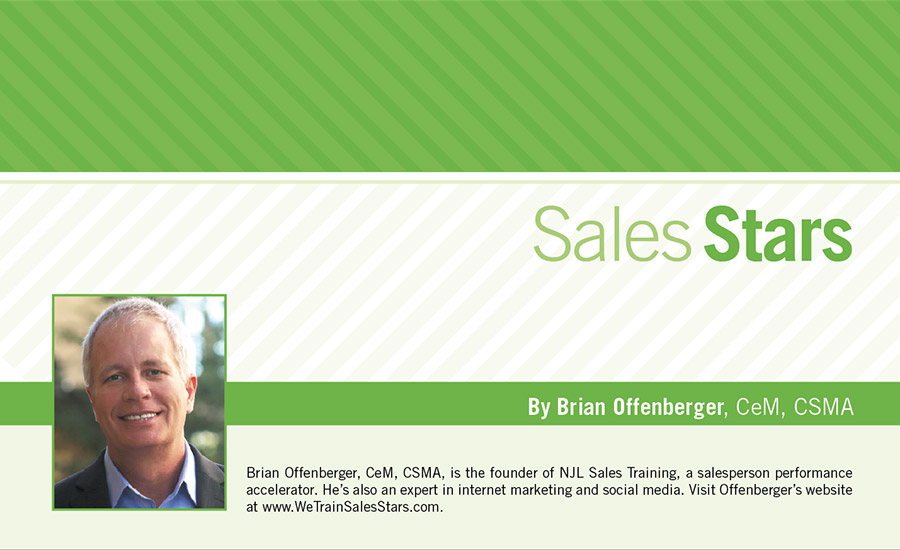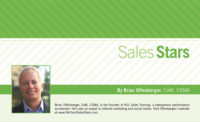As I walked the floor at ISC West this year, I was amazed at the amount of money spent by companies promoting themselves at the show. Here was a huge problem, though. Everybody looks and sounds the same. It’s nearly impossible to differentiate one product from another or one company from another.
Now think about how things are in your local market. Most of you all sell the same equipment. Most of you install the equipment in the same way, monitor it in the same way, and sell it for about the same prices and terms.
So, how can the guy who needs a system for his new home and family distinguish you and your company from the other guy? Most likely it won’t be through technology. You hope it won’t be on price.
The easiest way to distinguish you from the other guy is through superior support and service. But here’s the big problem: Every Tom, Dick and Harry that runs an alarm company claims they give superior service. Think about this for a minute. Have you ever heard a salesperson say something like, “Our product is great, but our service and support suck?”
I haven’t! When we were buying a new air conditioner, all five companies we called told us they gave the best service in town. In fact, customers hear so much about superior service from salespeople and company websites prior to buying that they tune it out. Everyone says it, so it becomes muted as a selling point. And prospects themselves have no way to experience superior service prior to purchasing, so its true value is harder to substantiate.
However, there is a highly effective and profitable way to use superior service as a differentiator and sales tool: Let your current customers tell your prospective customers about your superior service and support. Current customers can easily share their thoughts in the form of online reviews posted on sites such as Google, Yelp, Facebook and many others.
See, when a security salesperson can say to a prospective customer that she has five times as many positive reviews online as her nearest competitor — that means something. It separates her clearly in a key area from everyone else. It helps her make more sales at higher margins.
In the mind of a prospect, if you say something, it is open to doubt. If, however 500 of your current customers say something, it becomes the gospel truth.
More than eight out of 10 prospects trust online reviews as much as they do personal recommendations from family and friends. Nine out of 10 say they influence purchasing decisions. Search engines like Google use online reviews as one of their main criteria to determine where you’ll rank in search results in local markets.
If I am selling security systems and equipment in today’s world, I want a substantial, consistent flow of positive online customer reviews that mention me by name. That’s one of the top things I need for great sales.
Here are some simple steps to get more online customer reviews.
- Ask for them. Don’t wish and hope for more reviews, ask customers for them. This should be a priority for salespeople, sales managers, service technicians and installers.
- Request reviews at most customer touchpoints such as at the time of completed installation, detected event, and service call.
- Consider using ethical online review and reputation management services. Use the right service and they’ll automate the process for you and distribute positive reviews through other sites for maximum impact. Use the wrong service and you’ll get banned from review sites. Good packages run about $300 a month but are worth their weight in gold.
- Make getting customer reviews a company-wide priority. Use customer reviews as an employee evaluation tool (probably one of your most important ones).
- If you are a salesperson, ask your customers to mention you by name in the review. When you are selling to a prospective customer and they see lots of reviews mentioning you personally by name, you’ve got yourself a sale.
Online reviews allow your current customers to positively distinguish your company from others in the minds of prospects. And that’s a big part of the path to more sales at higher margins.









